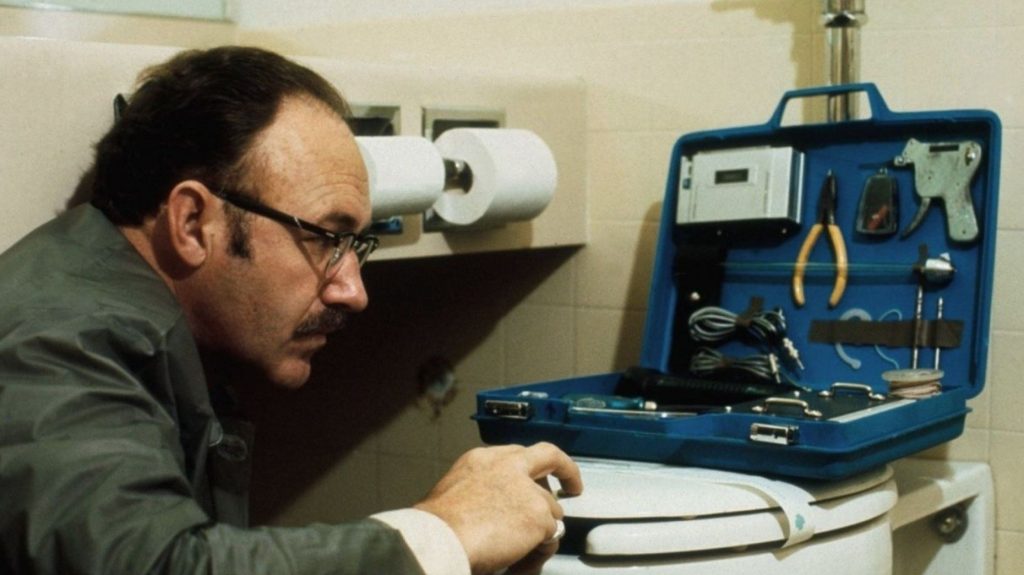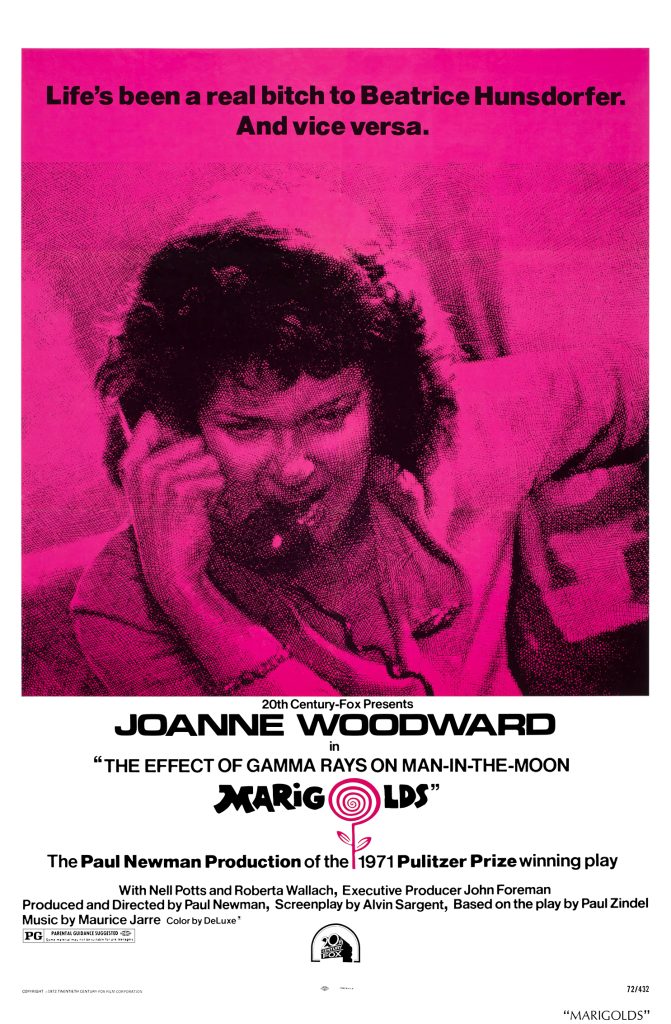Sharon Stone’s Riveting Performance as Ginger in “Casino”

Sharon Stone’s role as Ginger McKenna in Martin Scorsese’s “Casino” (1995) remains one of the most compelling and nuanced performances of her career, yet it often seems overshadowed in discussions of film and acting accolades. Her portrayal of the complex, troubled Ginger is a tour de force, showcasing her range and depth as an actress.
Delving into Ginger’s World
In “Casino,” Stone’s character Ginger is a hustler and former prostitute who catches the eye of casino mogul Sam “Ace” Rothstein, played by Robert De Niro. Stone brought Ginger to life with a performance that was both volatile and vulnerable, capturing the essence of a woman caught in the glittering, destructive web of Las Vegas’ gambling scene.
The Challenge of Ginger
The role of Ginger McKenna was a demanding one, requiring Stone to navigate a spectrum of emotions and states of being—from glamorous and seductive to desperate and unraveled. Stone’s preparation for the role was intense, involving deep character study and understanding the psychological underpinnings of Ginger’s actions and motivations.
Behind the Scenes
The making of “Casino” was a high-stakes endeavor fitting for its setting, with Scorsese at the helm guiding the actors through the emotionally charged, complex narrative. Stone’s performance was reportedly shaped by rigorous collaboration with Scorsese, who pushed her to explore the depths of Ginger’s character. The behind-the-scenes dynamic between Stone, Scorsese, and co-stars like De Niro and Pesci was crucial in crafting the film’s intense, realistic portrayal of life in the grip of Las Vegas’ gambling industry.
Complementary Performances
Sharon Stone’s chemistry with Robert De Niro in the 1995 film “Casino” is a defining element of the movie’s success and critical acclaim. Directed by Martin Scorsese, “Casino” delves into the complex, volatile dynamics of Las Vegas casino operations and the intricate personal relationships entwined within this high-stakes world.
Stone and De Niro, as Ginger McKenna and Sam “Ace” Rothstein respectively, deliver performances that are both powerful and nuanced, capturing the tumultuous nature of their characters’ relationship. De Niro’s portrayal of Rothstein, a controlled, methodical casino operator, perfectly complements Stone’s portrayal of Ginger, a vivacious, unpredictable hustler. The contrast in their characters’ personalities creates a dynamic on-screen relationship that is compelling and fraught with tension.
Building Tension and Depth
The chemistry between the two actors is palpable, driving the narrative forward and adding depth to their interactions. De Niro’s restrained, introspective performance as Rothstein highlights Stone’s more volatile, emotive portrayal of Ginger, creating a push-and-pull dynamic that is central to the film’s plot. Their scenes together, ranging from moments of tender intimacy to explosive confrontations, showcase the complexity of their relationship, underpinned by a mix of love, dependency, resentment, and mutual destruction.
The believability of their relationship is a testament to Stone and De Niro’s acting prowess. They manage to convey the history and depth of Sam and Ginger’s relationship, making the audience believe in their shared past, their initial attraction, and the gradual unravelling of their bond. The actors’ ability to convey this range of emotions and history adds a layer of authenticity to the film, making their relationship a central, captivating element of the story.
The Crafting of Ginger McKenna
To prepare for the role, Stone reportedly immersed herself in the world of Las Vegas showgirls and hustlers, studying their mannerisms, speech, and the underlying desperation that often characterized their lives. This preparation helped Stone deliver a performance that was both authentic and heart-wrenching, capturing Ginger’s glittering facade as well as her internal turmoil and vulnerability.
On-Set Dynamics and Methodology
Working on “Casino,” Stone faced the challenge of holding her own against formidable actors like De Niro and Pesci, which she did with remarkable finesse. The on-set dynamics were intense, with Scorsese fostering an environment that encouraged improvisation and deep character exploration. Stone’s interactions with De Niro, in particular, were a significant aspect of her performance, as their characters’ tumultuous relationship was central to the film’s narrative.
The Emotional and Psychological Depth of Ginger
Stone’s portrayal of Ginger delved into the character’s psychological complexity, exploring themes of addiction, betrayal, and a desperate quest for love and stability. Ginger’s arc—from a confident hustler to a tragic figure consumed by addiction and bad choices—showcases Stone’s ability to convey a wide range of emotions and states of mind, making the audience empathize with her character’s plight despite her flaws and questionable decisions.
The Oscars Controversy & Legacy
The controversy over Stone’s loss at the Oscars to Susan Sarandon underscores the subjective nature of award recognitions. While Sarandon’s performance in “Dead Man Walking” was critically acclaimed, many felt that Stone’s amazing role in “Casino” deserved the Oscar, arguing that her portrayal of Ginger was a career-defining performance that demonstrated her range and depth as an actress.
In the years since its release, “Casino” and Stone’s performance have garnered retrospective acclaim, with many critics and film scholars acknowledging her role as one of the standout performances of the 1990s. The film’s reevaluation has led to a greater appreciation of Stone’s contribution to its success and her ability to bring complex, nuanced characters to life.
Sharon Stone’s role in “Casino” remains a powerful example of her talent and dedication to her craft. Her portrayal of Ginger McKenna is a reminder of the potential for film performances to be both profoundly affecting and artistically significant. Despite the Oscar snub, Stone’s work in “Casino” endures as a testament to her skill as an actress and her capacity to create unforgettable, multi-dimensional characters.




